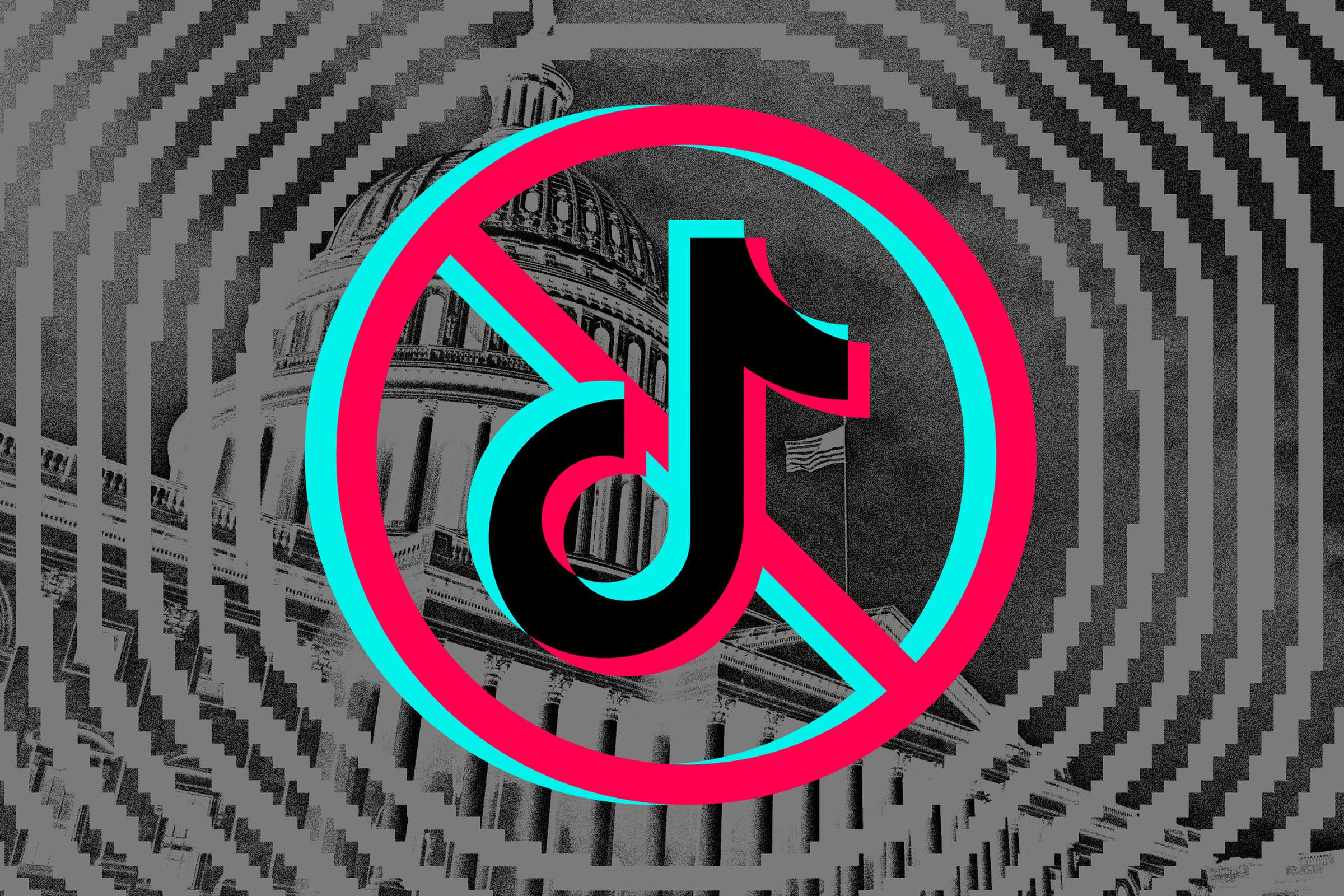Yet another divest-or-ban bill has passed the House, this time as part of a foreign aid package that may force the Senate to vote on TikTok.
Share this story

The House once again passed a bill that could ban TikTok from the US unless its Chinese parent company ByteDance divests it — but this time, it’s in a way that will be harder for the Senate to stall.
The bill passed 360-58 as part of a larger bill related to sanctions on foreign adversaries like Russia. It’s part of a package of foreign aid bills that seek to provide military aid to Ukraine and Israel and humanitarian aid to Gaza. Due to the urgency of the funds, packaging the TikTok bill with these measures means that the Senate will need to consider the proposal more swiftly that it would as a standalone bill. The earlier TikTok bill, which passed the House 352-65 just last month, has so far lingered in the Senate, with lawmakers there giving mixed messages about its future.
Notably, Senate Commerce Committee Chair Maria Cantwell (D-WA), whose committee would normally take up the bill before it proceeds to the floor, had remained noncommittal about it. But after the version in the foreign aid package was released, she said she supported the legislation.
That’s because the updated language extends the timeline for ByteDance to divest TikTok before the effective ban would be enforced. ByteDance would get up to a year to complete the sale, rather than just six months, in order to avoid a ban. The new House text would provide an initial divestment period of nine months and give the president discretion to extend it another three, assuming there’s progress toward a deal.
During debate on the bill Saturday morning, New York’s Rep. Gregory Meeks, the top Democrat on the House Foreign Affairs Committee, said he supported the package that includes the updated TikTok legislation, even though he voted against the standalone version. Meeks said he opposed the earlier standalone TikTok bill “out of concern that it would be a broad authorization that could be misused far beyond what we in Washington are currently debating, beyond just TikTok.”
But, he added, “the bill took a step in the right direction with a more realistic timeframe for a complex divesture process. Let me say for the record, that I believe this bill is about one company that additional authorities provided to the executive branch or to be interpreted narrowly.”
Rep. Joaquin Castro (D-TX) did not directly address the TikTok bill when he stood in opposition to the House package on the floor Saturday but alluded to the way the app has shown Americans the destruction that’s played out in Gaza under Israeli Prime Minister Benjamin Netanyahu’s command. Castro voted against the earlier standalone TikTok bill.
“We have seen how Prime Minister Netanyahu’s government has used American weapons to kill indiscriminately, to force famine,” Castro said. “We cannot escape what we see before us every day. That is the blessing of today’s technology: TikTok, Instagram, Facebook, all of it. And when we see it, we have to decide what we’re going to do about it. Are we going to participate in that carnage or not?”
Rep. Raja Krishnamoorthi (D-IL), the ranking member on the House Select Committee on the Chinese Communist Party who helped lead the original TikTok legislation, emphasized that the bill “is not a ban, it’s about a divestment. And it’s not really about TikTok, it’s about ByteDance, the company that owns TikTok and is indisputably controlled by the Chinese Communist Party.” (TikTok has denied such a connection).
The Senate is out of session this coming week for the Passover break, which could delay action in that chamber. Leadership could bring senators back early to vote, but that could be complicated by scheduling conflicts. As Politico recently noted, some lawmakers are scheduled for congressional delegation trips over the break, which could make it harder to bring back enough senators early to pass the package.
If the TikTok bill remains in the final version of the Senate package and clears that hurdle, it will head to President Joe Biden’s desk. He’s already committed to signing the TikTok legislation, should it pass.








